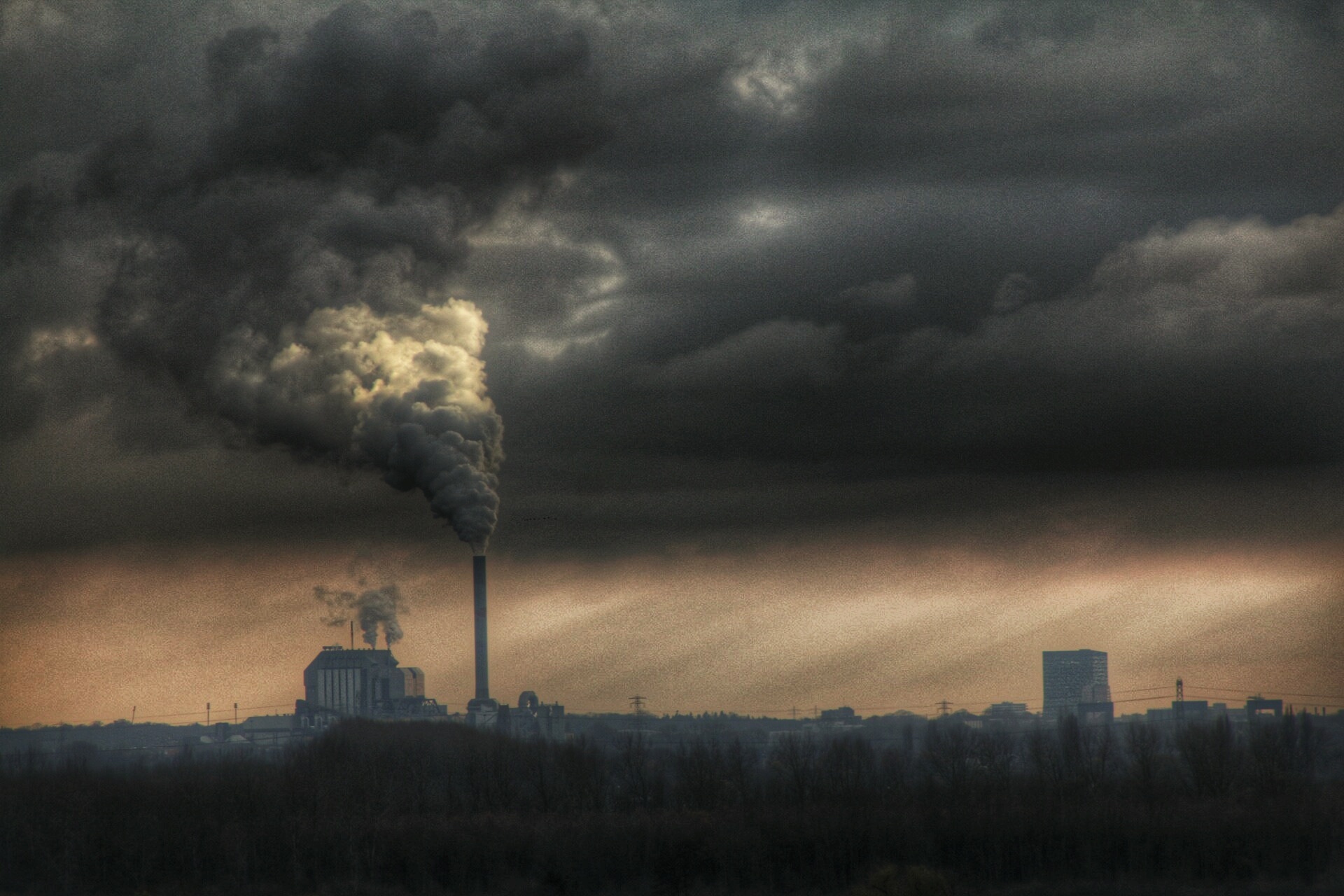
Outdoor air pollution leads to more than 3 million premature deaths each year, and more than two thirds of them occur in China and India, according to new research. The authors estimate that without government intervention, the total number of deaths could double by 2050.
The study, published in the journal Nature, identifies particulate matter as the prime pollutant leading to premature mortality. Particulate matter, a substance formed as a combination of different materials released into the air, is thought to be harmful to human health once it exceeds 2.5 micrometers in diameter. Researchers also identified ozone as a contributor to dangerous air quality.
The causes of air pollution vary dramatically from place to place. In India and China, the study says, emissions from residential heating and cooking drive air pollution by creating unhealthy quantities of smoke. Overall, residential heating emissions cause one third of air pollution-related deaths worldwide.
In highly regulated areas, like the United States, Europe and Japan, emissions from agriculture tend to be primary contributors to air pollution. Fertilizer used in agriculture releases ammonia into the atmosphere, a process that creates harmful particulate matter. Globally, air pollution from agriculture kills more than 600,000 people annually, the study finds.
The findings are consistent with a 2014 report from the World Health Organization that suggested that 7 million deaths occur annually due to both indoor and outdoor air pollution.
The study’s conclusions give a sense of urgency to efforts to reduce air pollution but present challenges because of difficulty regulating heating activity in people’s homes, according to study author Jos Lelieveld. People who live in the most affected areas should be provided with information about less toxic heating methods, he said.
“It’s important to reduce emissions from residential energy use,” Lelieveld said on a conference call for journalists. “You can’t ask people to stop eating and cooking, but you can provide better technologies.”
Air pollution contributes to a variety of ailments that eventually lead to premature mortality like lung cancer, stroke and heart failure, according to the study. Another study published this week in the journal Environmental Health Perspectives reached similar conclusions showing the devastating effects of pollution on individual health. Researchers found that chronic exposure to particulate matter increases the chance of early death by 3%. That risk is especially high for heart disease; the chance a person will die of heart disease increases by around 10% with chronic exposure to particulate matter.
Researchers found that the number of deaths is expected to double by 2050 without new government policies. Nearly all of the increase will occur in Asia, according to the report.
More Must-Reads from TIME
- Cybersecurity Experts Are Sounding the Alarm on DOGE
- Meet the 2025 Women of the Year
- The Harsh Truth About Disability Inclusion
- Why Do More Young Adults Have Cancer?
- Colman Domingo Leads With Radical Love
- How to Get Better at Doing Things Alone
- Michelle Zauner Stares Down the Darkness
Write to Justin Worland at justin.worland@time.com